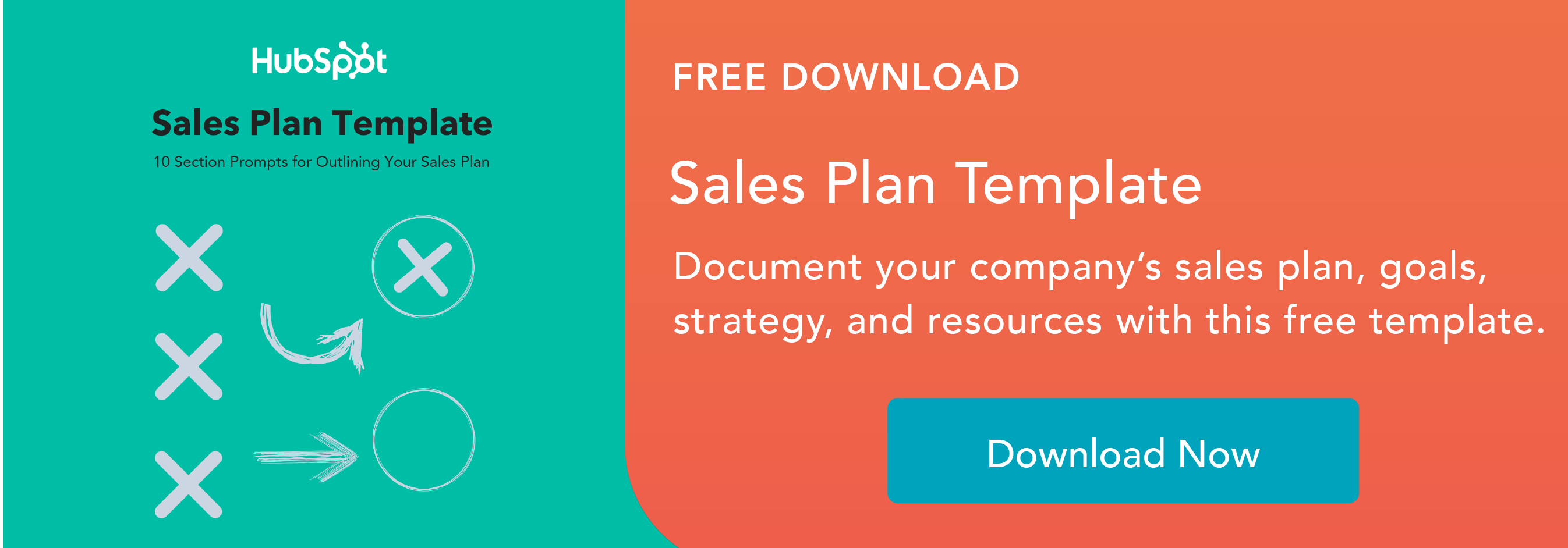1) Don’t Close on Fridays
If it’s the end of the week and you sense a prospect is ready to buy, you’re better off waiting until Monday or Tuesday than going in for the close immediately.
According to the report, sales reps lost more than 760,000 deals on Fridays over nine quarters -- a significantly higher number than any other weekday. Nearly 40% more deals were lost on Friday than on Tuesday, the weekday with the highest win rate.
When you consider the general mood in the office on a Friday, this statistic makes sense. Prospects are usually scrambling to finish their work and wrap up loose ends. They’re prioritizing the tasks right in front of them, not a potential purchase. In addition, feeling overwhelmed or stressed might make buyers less eager to start a time-consuming transition from their current solution to yours.
Of course, sometimes you can’t postpone the conversation until the next week. Devote extra energy to engaging your prospect: Ask periodic questions, use relevant examples, and don’t ramble or talk too much.
Make sure you’re fully focused as well. You might be eager to get to your weekend plans, but buyers can easily tell when you’re distracted. It’s the final mile: Don’t let the deal slip out of your fingers now just because it’s Friday.
2) Use the Weekend for Non-Closing Activities
It’s not uncommon for the final day of the month or quarter to fall on a Saturday or Sunday. However, you probably shouldn’t try to hustle it out: Weekends have an average win rate of 36.22%, while the weekday win rate is 62.59%. That means you’re approximately 73% likelier to close during the week.
Average deal size is also nearly 83% higher during the week.
Buyers typically don’t want to take sales calls while they’re off the clock, so even if you do manage to book one, they might be resentful or disengaged.
Does that mean you should never burn the weekend oil? Quota-carrying reps know that’s not realistic. If you are going to work over the weekend, queue up email sequences to send to new prospects, read any industry and product news you missed during the week, browse your LinkedIn feed and Google alerts for trigger events, and/or review your last few calls.
3) Avoid Rushing Prospects at the End of the Month
As the end of the month grows closer, many reps feel increasing pressure to close to meet quota. The last day of the month has almost three times as many deals closed compared to the rest of the month.
But that doesn’t mean this trend is positive: The number of deals lost on the last day is 11.43 times higher than the rest of the month. Put another way, average win rate plunges 51.11% on the last day.
Buyers resist being forced onto a timeline that’s not their own. When salespeople try to incite urgency with artificial deadlines, they balk.
Since trying to pressure the prospect into buying so you can hit your number doesn’t work, commit to only working accounts that are ready -- no matter which day of the month it is.
InsideSales.com’s analysis also showed median deal size of closed deals dropped 34.5% between the previous day and the last day of the month, as many salespeople discount aggressively to get prospects over the finish line.
If you’re a manager, consider limiting the size of the discounts your reps can give and/or using compensation multipliers to promote full-price purchases.
If you’re a rep, emphasize the opportunity cost of not buying your product throughout the sales process so buyers feel compelled to buy of their own accord. You should also push deals to the next month when you can -- not only will you be likelier to close, but it’ll be easier to avoid the discounting trap.
Once you’ve implemented these three data-backed rules, you’ll be more successful. Your prospects will have a better buying experience as well -- making this a win-win.
Sales Closing





![Sales Close Plan: The Best Tool to Close Way More Deals [Template]](https://53.fs1.hubspotusercontent-na1.net/hubfs/53/sales-close-plan-1-20241125-8524726.webp)


![How Close Rates are Shifting in 2024 [New Data]](https://53.fs1.hubspotusercontent-na1.net/hubfs/53/close-rate.webp)
![Sales Pros Say This Tool is Key to Driving Sales: How to Close More Deals With It [Data]](https://53.fs1.hubspotusercontent-na1.net/hubfs/53/85_Best-Sales-Strategies.png)


